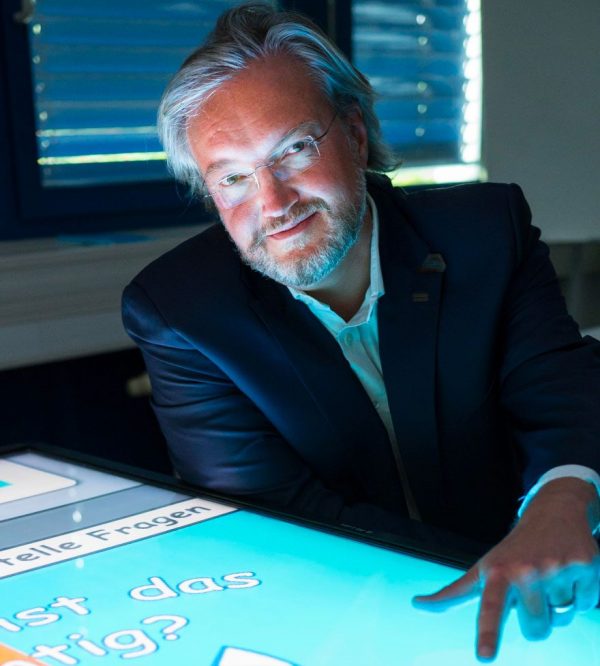
Armin Weinberger
Professor of Educational Technology
Saarland University, Germany
Armin Weinberger is the founding professor and head of the Department of Educational Technology and Knowledge Management at Saarland University. His main research interests lie in analyzing and facilitating the generation, construction, and sharing of knowledge in teams, groups of learners, and larger communities. Armin has a 20-year experience in designing, implementing, and investigating computer-supported collaboration scripts that orchestrate roles and activities of learners in technology-enhanced environments. Armin has co-founded and is co-coordinator of the Special Interest Group of EARLI on Argumentation, Dialogue, and Reasoning and is co-coordinator of the CSCL community at ISLS. Armin is among the most publishing and cited authors of CSCL.
- Weinberger, A., & Fischer, F. (2006). A framework to analyze argumentative knowledge construction in computer-supported collaborative learning. Computers & Education, 46(1), 71-95.
- Weinberger, A., Ertl, B., Fischer, F., & Mandl, H. (2005). Epistemic and social scripts in computer–supported collaborative learning. Instructional Science, 33(1), 1-30.